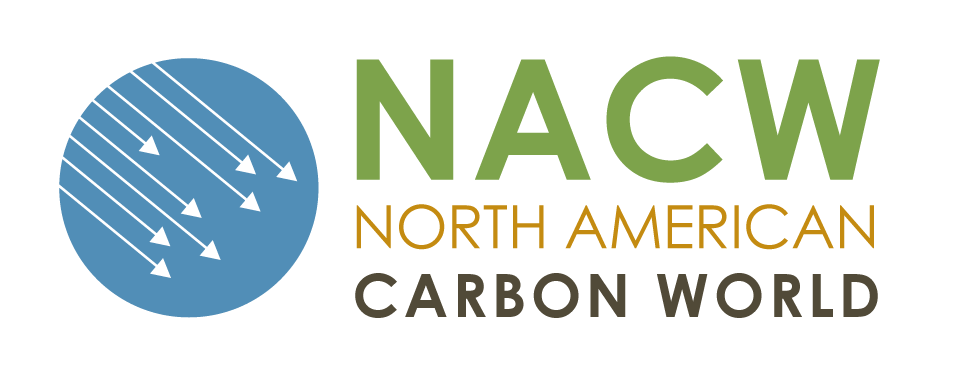The protocol supports emission reductions and carbon removals associated with the production and application of biochar in the U.S. and Canada
LOS ANGELES, CA – At its March 2024 Board meeting, the Climate Action Reserve Board of Directors adopted the U.S. and Canada Biochar Protocol. The protocol provides guidance on how to quantify, monitor, report, and verify climate benefits from the production and use of biochar, which is capable of locking up carbon and keeping it from re-entering the atmosphere for centuries.
“The climate benefits of the U.S. and Canada Biochar Protocol are invaluable,” said Linda Adams, Chair of the Climate Action Reserve Board of Directors. “By removing carbon out of the atmosphere for centuries, if not millennia, biochar is a key resource in the fight against climate change. The Reserve’s protocol will help advance the production and use of biochar, allowing for greater investment and innovation in biochar as a climate solution and bringing new communities and partners into the realm of the highest-quality carbon offsets in the carbon markets.”
Biochar production provides an opportunity for the productive use of a variety of feedstocks that are otherwise considered waste biomass, including non-merchantable residues from timber harvests and fuel thinnings. The U.S. and Canada Biochar Protocol provides a new avenue for high-quality credits from natural climate solutions in the global voluntary carbon market (VCM) and expands the opportunity for participation in carbon markets to new sectors.
The protocol credits activities related to the diversion of biomass from business as usual uses, its conversion into biochar, and its application to a durable use that results in the long-term storage of carbon. In addition to direct carbon sequestration benefits, biochar has a growing list of potential co-benefits and ancillary greenhouse gas benefits, including as a soil amendment for improved productivity on agricultural sites, reduced nitrous oxide when applied to soils, or reduced methane emissions from enteric fermentation when used as a livestock feed additive, though the protocol only currently credits for the carbon directly sequestered in biochar.
“Not only is biochar a very efficient carbon sink for our global climate, but it also provides important co-benefits, such as improved ecosystems, water quality, soil quality, health benefits and economic opportunity,” said Craig Ebert, President of the Climate Action Reserve. “By supporting biochar projects in the U.S. and Canada, our new protocol will demonstrate the power of high-quality carbon programs to mobilize capital for climate projects, engage communities, and achieve significant global GHG reductions.”
The Reserve’s Biochar Protocol includes key features that differentiate it in the carbon market and ensures efficiency and biochar quality over time. The protocol employs a limited geography to foster efficiencies in project development and verification; expanded opportunities for forest-based biomass, including from federally owned lands; ongoing analysis of project biochar quality over time that provides assurances around credit quantification; and quantification tools developed by the Reserve to support project management and credit quantification.
The protocol was developed through the Reserve’s signature transparent, multi-stakeholder, and public process involving an expert workgroup comprised of members with diverse perspectives and areas of expertise, engagement with local communities, public comment and response, and public posting of all protocol development meetings and materials. Protocol development was supported in part by funding from the USDA Forest Service Wood Innovation Program and the California Department of Forestry and Fire (CAL FIRE) Forest Health Program.
To learn more about the protocol, please visit: www.climateactionreserve.org/how/protocols/ncs/biochar/
The Climate Action Reserve is the most trusted, efficient, and experienced offset registry for global carbon markets. A pioneer in carbon accounting, the Reserve promotes and fosters the reduction of greenhouse gas (GHG) emissions through credible market-based policies and solutions. As a high-quality offset registry for voluntary carbon markets, it establishes rigorous standards involving multi-sector stakeholder workgroup development and local engagement and issues carbon credits in a transparent and publicly available system. The organization also
supports compliance carbon markets in California, Washington and internationally. The Reserve is an environmental nonprofit organization operating virtually with staff located around the world with a support office in Los Angeles, California. For more information, please visit www.climateactionreserve.org. The Climate Action Reserve is an equal opportunity provider.
###




